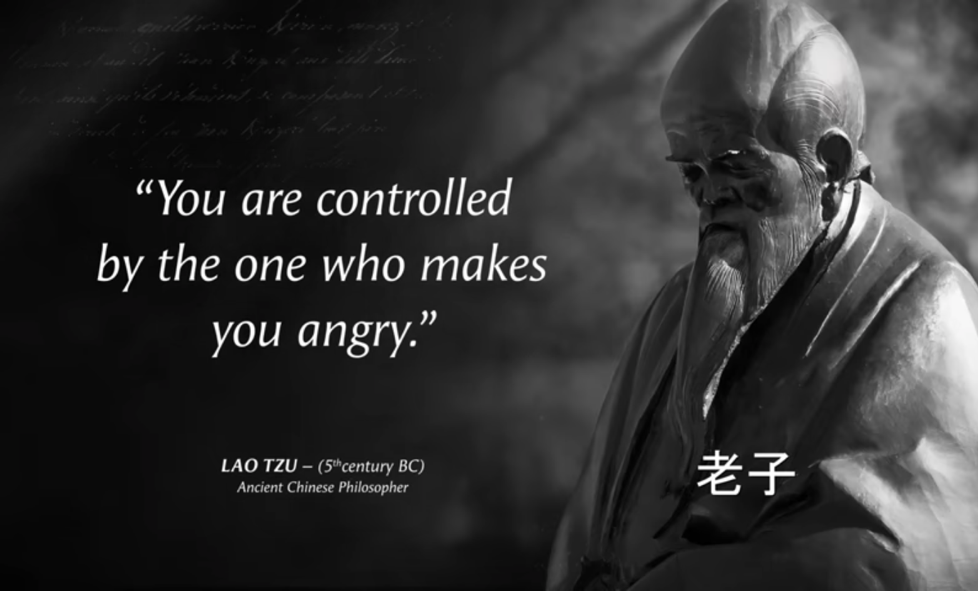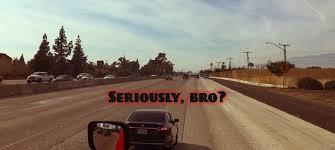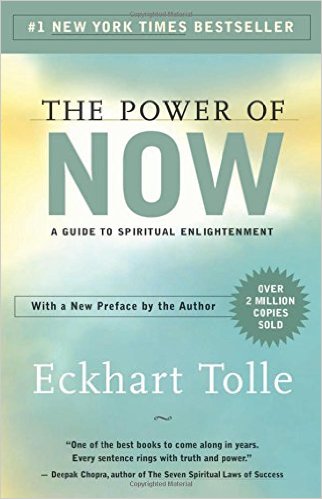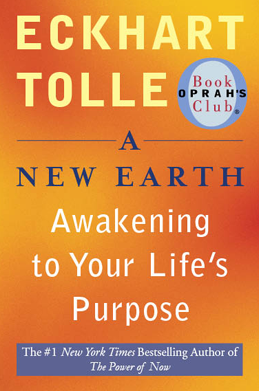|
Word Gems
self-knowledge, authentic living, full humanity, continual awakening
Anger
“The best fighter is never angry.” Lao-Tzu
Editor's 1-Minute Essay: Anger
Editor's 1-Minute Essay: Surrender & Acceptance
The therapeutic balm of thankfulness: August Goforth: Start with any simple thought of gratitude, which is the mental flint that sparks the flame of feeling. All you have to do is declare that you feel thankful. Do it for everything. It will bring transformation, whether or not you believe this will work doesn’t matter.
Can a discarnate manipulate matter? – that is, would it be possible for a disembodied spirit to break a pane of glass or smash a vase or to hit somebody? If this is so, why do those who leave the body tend to not inflict violence upon mortals, the Dear Leaders and their subjects, who torment and brutalize and take peace from the Earth?
how to expunge sorrow and other mental confusions
31.Mar.1953. Question: My son is dead. How am I to meet that sorrow? Krishnamurti: We are forever running away from sorrow. We seek for distractions. But when we relinquish self-protective mechanisms, when the mind is not seeking any solution, is completely silent, in that state, sorrow ceases to be.

Dr. August Goforth, “I let God be God in me,” June 08, 2025: “I no longer try to change outer things. They are simply a reflection. I change my inner perception, and the outer reveals the beauty so long obscured by my own attitude. I concentrate on my vision and find my outer view transformed. I find myself attuned to the grandeur of life and in unison with the perfect order of the universe.”

|
When someone hurts or betrays us, how can we forgive in a deep sense, how can we regain an unblemished, pristine image of that person?

Allow me to draw our attention to an extremely important concept introduced in Krishnamurti's lecture of Jan 15, 1964.
He speaks of the unsullied mind, undefiled and unblemished mind. This is a mind, he says, spotless and unpolluted, that is not burdened by sordid images of the past.
And, of course, the most troublesome example here is how we view others. We see them, or might bring them to mind, and immediately recall some insult, a slighting, an infraction.
READ MORE
|
|
coming face-to-face with the heart of darkness
From the mid-1950s, when television was new, I have a memory of a public-service cartoon designed to promote driver-safety. As I recall, an adult driver was featured behind the wheel but then, suffering provocation from the short-comings of another driver, began to morph into a little child with fit-throwing antics…

Today we call it road-rage. It’s a temporary insanity. We find ourselves overtaken by dark forces normally held at bay. Grown men and women, even those highly educated, normally of professional demeanor, might be overcome by base passion, now suddenly breathing out threatenings and slaughter.
I’ve seen this happen to myself many times, and it’s always very disconcerting. We might imagine ourselves to be, in the main, “cool, calm, and collected,” but then someone cuts us off and we want to punch someone; or worse.

I always remember one notable incident. I happened to be in Minneapolis at the time. Unfamiliar with the city, searching for my exit, I may have been driving a little too slowly, and this driver cuts ahead of me, and as he does, flips me the bird. It's a good thing I didn't have a ready means of retaliation.
The road-rage phenomenon is useful to us as it unmasks what we normally hide; reveals to us just how fragile the veneer of “polite civilization” can be. But the trouble is more than this, and more dangerous.
In my “spirituality 1-minute essay,” I contend that a foundational basis of becoming the elusive “good person” is not that of immersing oneself in charitable works. Outward activity, by itself, won’t change a thing. We need to first address what’s boiling and churning down below.
And what is the essential essence of the mayhem carefully concealed? Well, it’s complicated because there are two parts to us, a “true self” – which is whole and complete, needing nothing – and a “false self,” which is quite dysfunctional. This latter energy lives on a precarious psychological level of “I don’t have enough, because I am not enough.”
feel the raw sense of inner neediness
Again, the road-rage dynamic can be a great teacher. It helps us because it reveals what’s behind the mask of the “false self.” Next time this madness overtakes, catch yourself and say, “Can you feel the inner neediness now? - the raging insanity of ‘I am not enough’?”
When you do feel it, don’t be frightened. Don’t run and hide, attempting to quickly reposition the mask. Stay with the feeling, the insight into essential essence. "Relax into the resistance." Shine a mental spotlight on it. Flood it with consciousness.
To see unadulterated the inner workings of the dysfunctional ego is a tremendous step forward in one’s evolution. This clear-sightedness becomes the basis of both increased sentience and true spirituality.
Some of the best advice on this subject comes from Eckhart Tolle. You'll want to study his books.
Here’s what will happen. As you grow in consciousness, as you engage in various helpful practices, such as “conscious breathing,” to “remain present” to your “true self,” you will begin to become aware of the “inner neediness,” not just in dramatic instances of road-rage but in its more subtle forms which lead us and becloud our thinking on a daily basis.
Why should we become aware of this "heart of darkness" in its macabre machinations? It cannot survive the light of consciousness and will begin to shrink and shrivel as we allow the "true self" to lead our lives.
|
Ambrose Bierce: “Speak when you are angry and you will make the best speech you will ever regret.”
Chinese proverb: “If you are patient in one moment of anger, you will escape a hundred days of sorrow.”
Buddha: “Holding on to anger is like grasping a hot coal with the intent of throwing it at someone else; you are the one getting burned.”
Thomas Carlyle: “In a controversy the instant we feel anger we have already ceased striving for the truth, and have begun striving for ourselves.”
Aristotle: “Anyone can become angry -- that is easy. But to be angry with the right person, to the right degree, at the right time, for the right purpose, and in the right way -- this is not easy.”
Plato: “He best keeps from anger who remembers that God is always looking upon him.”
Martin Luther: “When I am angry I can pray well and preach well.”
Thomas Jefferson: “When angry, count to ten before you speak. If very angry, count to one hundred.”
Benjamin Franklin: “Whatever is begun in anger, ends in shame.”
Sigmund Freud: “The tendency of aggression is an innate, independent, instinctual disposition in man... it constitutes the most powerful obstacle to culture.”
Mahatma Gandhi: “Anger and intolerance are the twin enemies of correct understanding.”
Henry Ward Beecher: “The continuance and frequent fits of anger produce in the soul a propensity to be angry; which oftentimes ends in choler, bitterness, and moronity, when the mind becomes ulcerated, peevish, and querulous, and is wounded by the least occurrence.
Buddha: “Anger will never disappear so long as thoughts of resentment are cherished in the mind. Anger will disappear just as soon as thoughts of resentment are forgotten… You will not be punished for your anger, you will be punished by your anger.”
Henry Ward Beecher: “Never forget what a person says to you when they are angry.”
Ralph Waldo Emerson: “We boil at different degrees.”
Confucius: “When anger rises, think of the consequences.”
Baltasar Gracian: “Never do anything when you are in a temper, for you will do everything wrong.”
Robert Green Ingersoll: “Anger is a wind which blows out the lamp of the mind. In the examination of a great and important question, everyone should be serene, slow-pulsed and calm.”
Epictetus: “Whenever you are angry, be assured that it is not only a present evil, but that you have increased a habit.”
Bertrand Russell: “Indignation is a submission of our thoughts, but not of our desires.”
Seneca: “Anger: an acid that can do more harm to the vessel in which it is stored than to anything on which it is poured.”
Seneca: “The greatest remedy for anger is delay.”
Publilius Syrus: “An angry man is again angry with himself when he returns to reason.”
|





